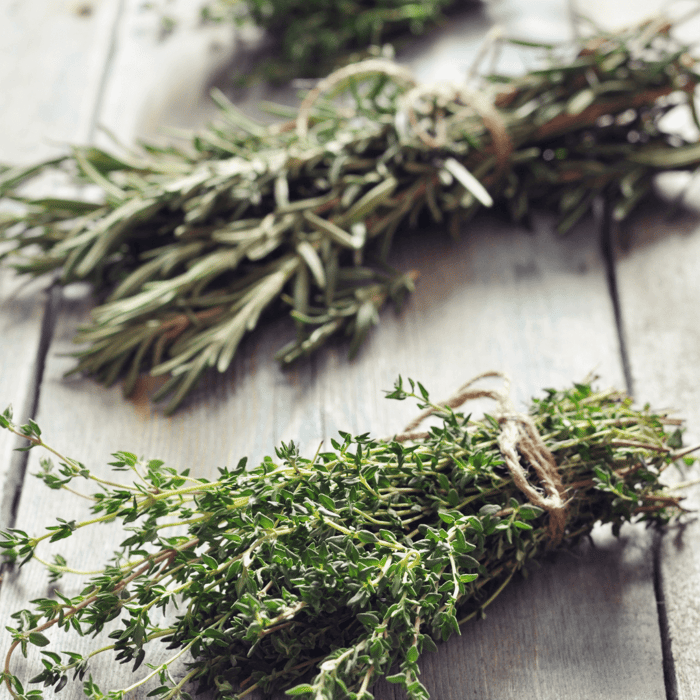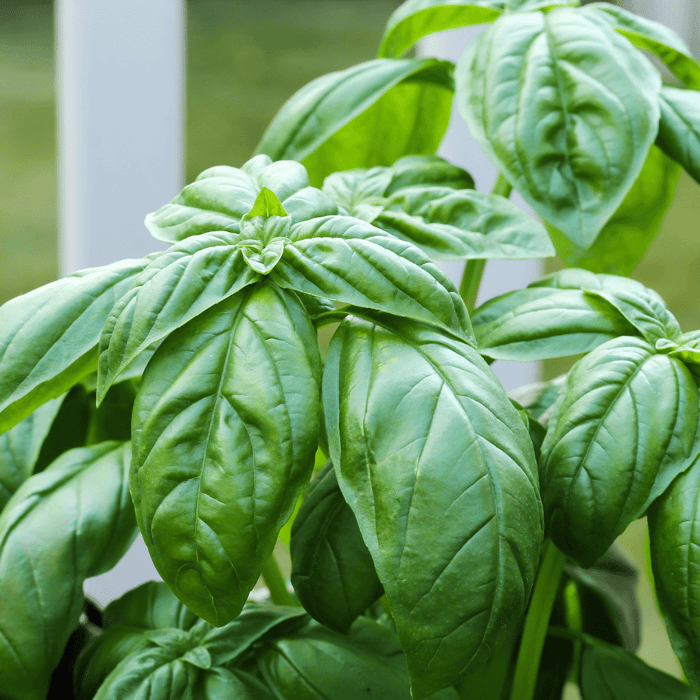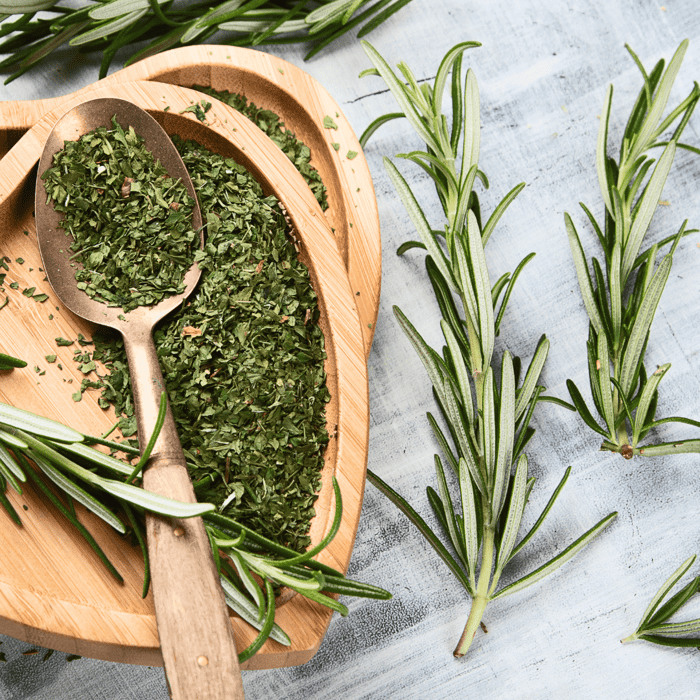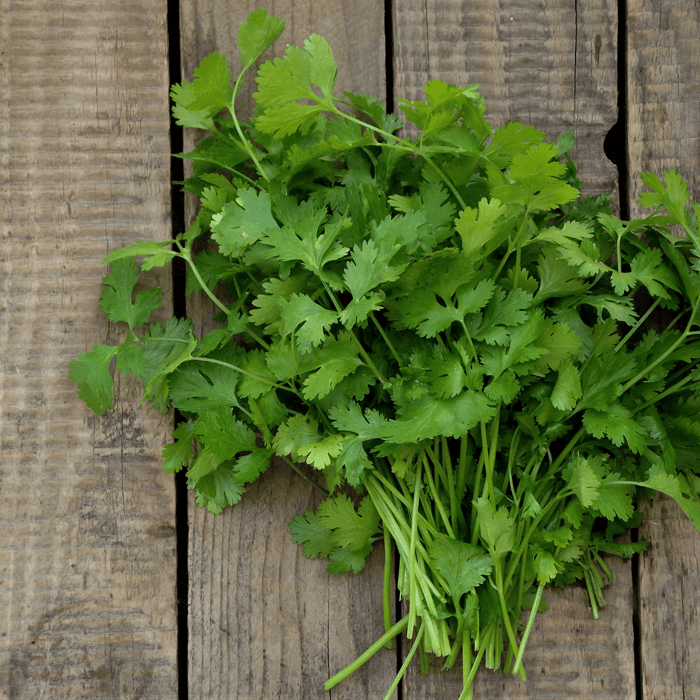As an avid gardener and herb enthusiast, I often get asked are rosemary and thyme similar. Many people wonder if one can be substituted for the other when a recipe calls for one of these flavorful herbs. Today, I will provide you with an in-depth comparison of these two popular herbs to help you better understand their similarities and differences.
1. Introduction to Rosemary and Thyme
Rosemary and thyme are two well-known herbs that belong to the mint family, Lamiaceae. They are both native to the Mediterranean region and are commonly found in herb gardens and grocery stores. These herbs can be found in dried and crushed forms in the spice rack section, and fresh versions are available in the produce area. In this article, we will explore their appearance, taste, culinary uses, and how to grow them at home.
Rosemary Seeds

$2.49
Rosemary Seeds - Heirloom, Non-GMO, Non-Hybrid, Open-Pollinated Grow your own fragrant rosemary herb garden with our premium rosemary seeds, perfect for culinary use, container gardening, and adding beauty to your yard. These heirloom, non-GMO, non-hybrid, open-pollinated seeds ensure you’re cultivating… read more
2. Appearance: Needle-Like Leaves vs. Small Rounded Leaves
Rosemary
- Needle-like leaves: Rosemary sprigs have needle-like leaves that are dark green on top and silvery-white on the bottom. These leaves are tough and leathery in texture.
Thyme
- Small rounded leaves: Thyme, on the other hand, has tiny, rounded leaves that grow along its thin, woody stems. The leaves are green and have a slightly fuzzy texture.
3. Taste: Strong and Piney vs. Mild and Earthy
Rosemary
- Strong and piney: The taste of rosemary is strong, with a hint of pine, making it a dominant flavor in many dishes. It can easily overpower other herbs and spices if not used carefully.
Popular Herb Seeds for Planting | 35 Variety Pack

$32.95
$49.95
Heirloom, non-GMO herb seeds for indoor and outdoor home gardens! Introducing our 35 Herb Seeds Variety Pack, the ultimate selection for any herb garden enthusiast! This premium assortment includes heirloom herb seeds that are non-hybrid, open-pollinated, and non-GMO, ensuring you get only… read more
Thyme
- Mild and earthy: Thyme has a mild, earthy taste with a hint of mint and lemon. Its flavor profile complements a wide variety of dishes, making it a versatile addition to the kitchen.
4. Culinary Uses: When to Use Rosemary and Thyme
Rosemary
- Best for robust dishes: Due to its strong flavor, rosemary is best used in robust dishes, such as roasted meats (lamb, chicken, and pork), potatoes, and Mediterranean stews.
Thyme
- Versatile and complementary: Thyme, with its more delicate flavor, can be used in a wide range of dishes, including soups, sauces, vegetable dishes, and poultry. It pairs well with other herbs and spices, such as thyme oregano, garlic, and basil.
5. Substituting Rosemary and Thyme
When to Substitute
-
Good substitution for rosemary: If a recipe calls for rosemary and you don't have any on hand, thyme can be a good substitution, especially for milder dishes.
-
For stronger-flavored dishes: However, substituting rosemary for thyme in a dish with a strong flavor profile may not yield the desired result, as the more delicate flavor of thyme might be overpowered.
How to Substitute
-
Fresh thyme for dried rosemary: To substitute fresh thyme for dried rosemary, use 1 tablespoon of fresh thyme for every teaspoon of dried rosemary.
-
Dried thyme for fresh rosemary: To substitute dried thyme for fresh rosemary, use 1 teaspoon of dried thyme for every tablespoon of fresh rosemary.
6. Growing Rosemary and Thyme: Seeds and Planting
Rosemary Seeds
-
Germination time: Rosemary seeds can take anywhere from 15 to 25 days to germinate.
-
Indoor planting: It is recommended to start rosemary seeds indoors, 6 to 8 weeks before the last expected frost in your area. This will give the seedlings enough time to grow before transplanting them outside.
Thyme Seeds
-
Germination time: Thyme seeds typically germinate in 14 to 21 days.
-
Indoor planting: Similar to rosemary, it's best to start thyme seeds indoors, about 6 to 8 weeks before the last expected frost.
7. How to Plant: Soil, Light, and Water Requirements
Rosemary
-
Soil: Rosemary thrives in well-draining, slightly alkaline soil with a pH of 6.0 to 7.5. Adding a bit of sand or perlite can help improve drainage.
-
Light: Rosemary requires full sun for at least 6 hours a day.
-
Water: Water rosemary regularly, allowing the soil to dry out slightly between waterings.
Thyme
-
Soil: Thyme prefers well-draining soil with a pH of 6.0 to 8.0. It can tolerate slightly drier conditions than rosemary.
-
Light: Thyme also needs full sun, with at least 6 hours of direct sunlight daily.
-
Water: Water thyme moderately, allowing the soil to dry out between waterings.
Herb Seed Assortment | 15 Variety Pack

$19.95
Unlock the Power of Homegrown Herbs: 15 Heirloom Herb Seeds for Sustainable Gardening Introducing our 15 Herb Seeds Variety Pack—the ultimate collection for any home gardener, herbalist, or culinary enthusiast looking to grow fresh, flavorful herbs. Each of the 15 herb… read more
8. How to Grow: Care, Harvesting, and Storage
Rosemary
-
Care: Prune rosemary regularly to encourage bushy growth and prevent it from becoming too woody. Be careful not to overwater, as rosemary is susceptible to root rot.
-
Harvesting: Harvest rosemary sprigs as needed throughout the growing season, taking care not to remove more than 1/3 of the plant at a time.
-
Storage: Fresh rosemary can be stored in the refrigerator for up to 2 weeks. To store dried rosemary, keep it in an airtight container in a cool, dark place.
 Thyme
Thyme
-
Care: Thyme requires minimal care once established. Prune the plant after it blooms to encourage new growth and maintain its shape.
-
Harvesting: Harvest thyme leaves as needed, preferably in the morning when the essential oils are most concentrated. Pinch off the tips of the stems to encourage bushier growth.
-
Storage: Store fresh thyme in the refrigerator for up to 2 weeks. Dried thyme should be kept in an airtight container in a cool, dark place.
In conclusion, while rosemary and thyme share some similarities, they also have distinct differences in appearance, taste, and culinary applications. Both are wonderful additions to any herb garden and can be easily grown at home. Understanding their unique characteristics will help you decide which one to use in your recipes and when substituting one for the other might be appropriate. Happy gardening and cooking!







